In the complex world of politics, money plays a significant role in shaping democratic processes and policy outcomes. With lobbyists, political donations, and campaign funding at the forefront, understanding the influence of money in politics is crucial. Many argue that financial contributions can lead to disproportionate political influence by wealthy individuals and powerful organizations. This raises questions about the integrity and equality of democratic systems. As we explore this topic, we will examine how money impacts political decisions and the broader consequences it entails for governance.
The Influence of Lobbyists in Politics
The Role of Lobbyists and Their Funding Sources
Lobbyists are often portrayed as shadowy figures who have too much sway over politicians. But who are they really, and why do they have such influential positions? Lobbyists are typically representatives of organizations, industries, or interest groups that seek to sway political decisions in their favor. Their main objective is to influence policymakers by providing information, insights, and at times, direct pressure to align legislation with their interests.
One key reason for their influence is the significant financial backing they receive from corporations, unions, and other organizations. These funding sources are willing to expend vast sums of money to ensure their interests are prioritized in political discourse. This financial support allows lobbyists to employ various tactics, such as offering campaign contributions or funding research studies that support their viewpoint. Inevitably, the flow of money from these sources raises questions about whether politicians are more accountable to those who finance their campaigns than to the general public.
Case Studies: Lobbyists’ Impact on Legislation
To truly grasp the impact of lobbyists on legislation, one must look at real-world examples. A notable case is the tobacco industry in the United States. For years, tobacco lobbyists were instrumental in swaying legislation to favor their interests. They effectively delayed the implementation of stricter regulations and public health warnings despite overwhelming evidence of the harmful effects of smoking. By pouring millions into lobbying efforts and political contributions, they managed to maintain their market influence much longer than public interest alone would have allowed.
Another striking example is the pharmaceutical industry, which has also wielded significant lobbying power. Their efforts have often resulted in legislation that supports higher drug prices and extended patent protections, ensuring that their profits remain substantial even at the expense of affordable healthcare for citizens.
These cases highlight how strategic lobbying can skew legislation in favor of private interests, often at odds with public welfare.
Balancing Lobbyist Influence with Public Interest
While lobbyists provide valuable expertise and technical knowledge, their influence must be weighed against the need for policies that serve the broader public good. The question then becomes: how can democratic systems ensure that lobbyist influence is balanced with public interest?
Some propose implementing more stringent disclosure requirements, where lobbyists and their funding sources must be transparent about their engagements and expenditures. This transparency could help the public hold their elected officials accountable for decisions that seem unduly influenced by money.
Another potential solution is to strengthen the “cooling-off” period, which prevents former politicians and government officials from immediately transitioning into lobbying roles. By extending this period, governments can reduce the risk of insider influence and promote policy decisions that reflect genuine public interest rather than individual gain.
Moreover, public funding for political campaigns can also be considered. This approach would level the playing field, reducing candidates’ dependency on major donors and their affiliated lobbyists, thereby fostering more representative democracy.
Political Donations and Campaign Funding
The Power of Big Donors
Political donations don’t just come from small checks written by enthusiastic citizens—an increasing portion originates from major donors wielding substantial power. These individuals and entities can make or break political campaigns by contributing millions to ensure a candidate’s success. Such donations often come with strings attached, as political donors have vested interests that require safeguarding through legislative support.
Big donors can shape the political landscape by providing candidates with resources that smaller contributors simply cannot match. This reality results in policies that may reflect the priorities of the wealthy few rather than the collective needs of the majority. For instance, tax reforms often highlight this imbalance, where the interests of affluent donors are prioritized over equitable economic policy for all citizens.
Examining the Role of Political Action Committees (PACs)
Political Action Committees (PACs) are another significant piece of the puzzle in campaign financing. PACs collect funds from members and distribute them to political campaigns, but their role in politics goes beyond merely being a middle-man. Super PACs, in particular, have altered the landscape by amassing unlimited amounts of money from corporations, individuals, and unions, allowing them to spend without traditional limits.
Super PACs have the nuanced ability to shape election narratives through independent expenditures like advertising and public messaging. However, the lack of direct affiliation with candidates means that their campaigns can operate with a level of disparity, often amplifying divisive and extreme viewpoints. The influence of Super PACs poses a direct challenge to the idea of equal voting power, as their vast financial resources can drown out the voices of ordinary voters.
Campaign Finance Reform: Proposed Solutions and Challenges
Addressing the pervasive issue of money in politics requires comprehensive campaign finance reform. Yet, finding consensus on what reforms to implement remains a substantial challenge.
One frequently proposed solution is to impose stricter limits on how much individuals and organizations can donate to campaigns. By capping donations, policymakers aim to reduce the outsized influence of wealthy donors and ensure that political agendas align more closely with voters’ genuine concerns.
Another avenue is to expand public financing options for political races, providing candidates with resources without tethering them to wealthy sponsors. This shift would allow for more diverse viewpoints in the political arena, fostering a richer democratic process.
However, these reforms face significant hurdles. The First Amendment rights related to political speech and financial expenditure are an ongoing barrier, as judicial interpretations often protect political donations as a form of free speech. Attempts to reshape campaign financing often clash with these constitutional considerations, leading to a complex legal landscape in which reforms can be easily challenged.
Finally, any substantial reform requires the political will of incumbents who may have personally benefited from the current system, complicating the effort for genuine change. Without a shift in both political and public attitudes, implementing radical campaign finance reform will remain a steep uphill battle.
Despite these challenges, the continued examination and discussion surrounding money in politics should remain a central focal point. It is only through critical scrutiny and civic engagement that the balance of political power can move closer to one that truly reflects the diverse interests and needs of the public.
The Consequences of Wealth in Politics
Effects on Policy Prioritization
When it comes to policy prioritization, the influence of wealth in politics cannot be understated. The affluent few who contribute substantial amounts of money to campaigns inevitably wield considerable power over political agendas. This financial clout often means that policies which cater to the interests of the wealthy are prioritized over those that would benefit the average citizen.
– Healthcare: Instead of enacting comprehensive healthcare reforms that would make it affordable for all, politicians might focus on policies that provide tax breaks to pharmaceutical giants, appeasing their wealthy donors.
– Taxation: Tax codes can be rewritten to favor the wealthy, with tax cuts for the rich taking precedence over middle-class tax relief or investments in social services.
– Environment: Policies aimed at combating climate change might be stalled or watered down due to the influence of fossil fuel lobbyists who have the financial means to support political campaigns.
The result is a political system that responds more readily to the desires of its wealthiest backers, at times at the expense of necessary reforms or the public good.
Inequality in Political Representation
Money in politics also leads to stark inequalities in political representation. Candidates without access to vast financial resources, or whose policies don’t align with wealthy donors, often struggle to compete. This disparity constrains the pool of political candidates to those who either come from wealth themselves or who compromise their policies to attract donations from the affluent.
This inequality has multiple negative consequences:
– Underrepresentation of marginalized communities – voices that traditionally lack financial backing remain unheard in the political arena.
– Stifling of progressive policies – transformative ideas that might not appeal to established financial interests struggle to gain traction.
– Diminished public trust – as the electorate sees politics increasingly dominated by wealthier individuals, public trust in the fairness of the system wanes.
Long-term Implications for Democratic Processes
The long-term implications of wealth-dominated politics for democratic processes are profound and troubling. The erosion of democratic values occurs when policy decisions are swayed more by the size of a donor’s pocket than the will of the people. This shift in dynamics threatens the very foundation of democracy: equal representation and fair consideration of all citizens’ interests.
Consequences for democratic processes include:
– Voter Apathy: As voters perceive that their votes have less impact than the hefty donations of wealthy individuals or corporations, they may feel disenchanted, resulting in lower voter turnout.
– Legislative Gridlock: When legislators are beholden to conflicting interests due to donations, it can lead to a deadlock that prevents meaningful policy advancements.
– Public Cynicism: When political figures appear more like spokespersons for high-paying sponsors than representatives of the electorate, public cynicism about governmental institutions grows and faith in democratic governance diminishes.
In conclusion, despite being a purported catalyst for progress, money’s pervasive influence in politics poses severe threats to equitable policy-making, fair representation, and the sustainability of democratic processes. Addressing this issue is crucial to ensuring that political systems serve the many, not the privileged few.
Conclusion
In conclusion, the role of money in politics is a complex issue with far-reaching consequences. It raises questions about the integrity of democratic processes when political influence can be bought and sold. While lobbyists and political donations are integral to campaign funding, they often overshadow the voices of everyday citizens. To ensure fair representation:
– Regulations on campaign contributions must be strengthened.
– Transparency in political financing should be prioritized.
– Greater scrutiny of lobbyist activities is crucial.
Addressing the outsized influence of money in politics is essential for a truly representative democracy. Without intervention, the interests of a wealthy few may continue to undermine the collective will of the people, threatening the very foundation of democratic governance.
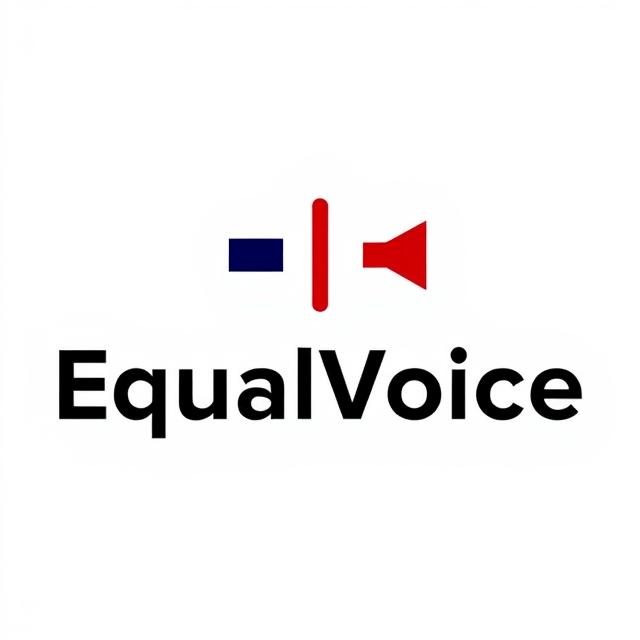
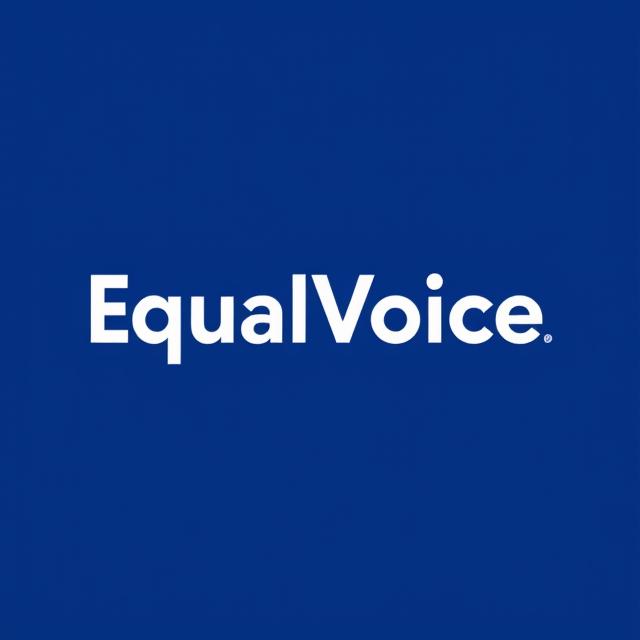




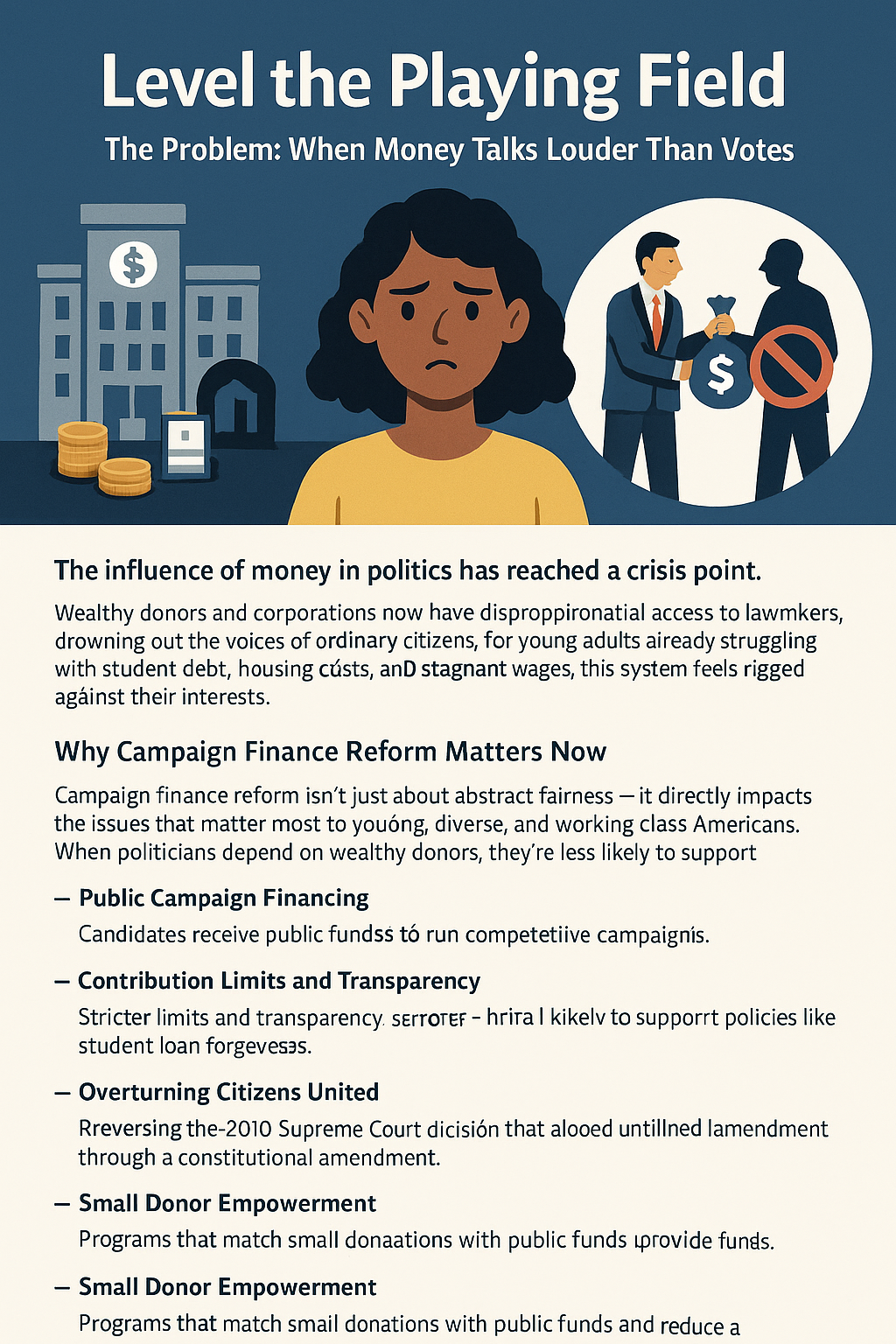
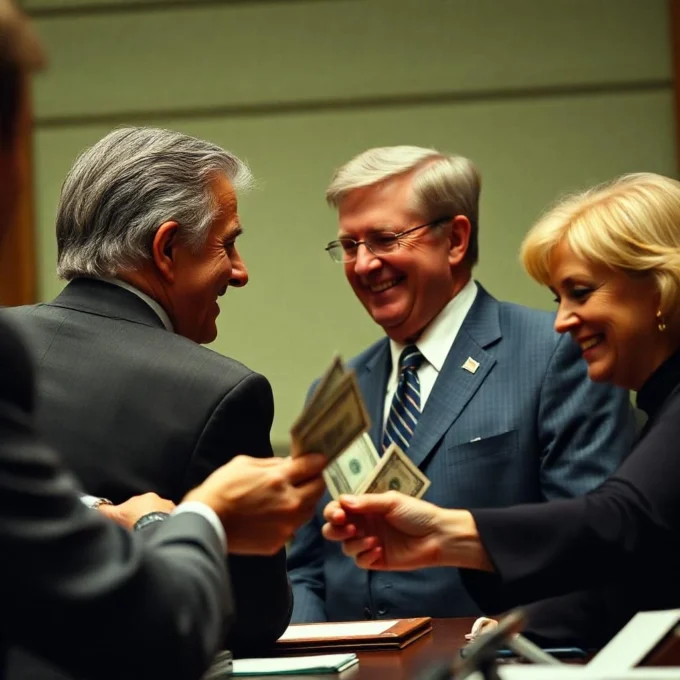

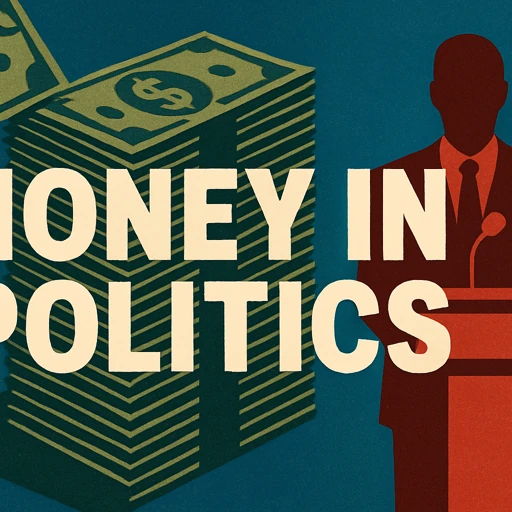

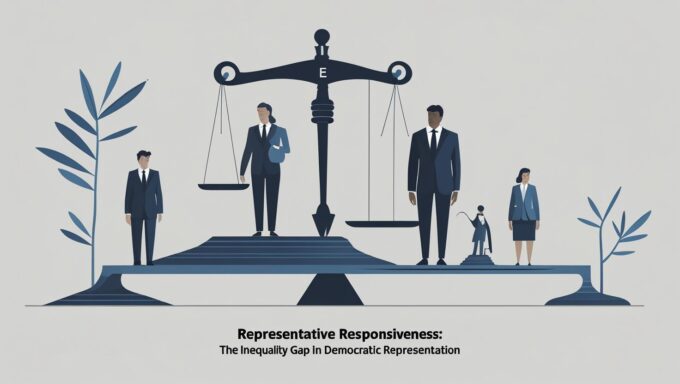
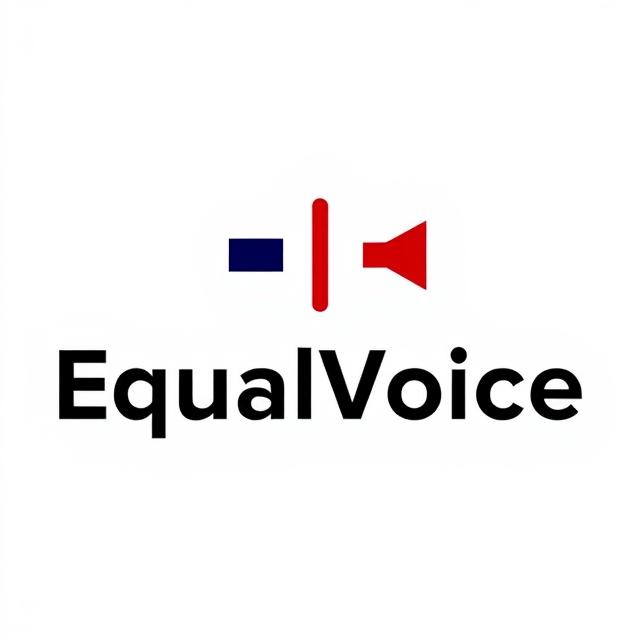
Leave a comment